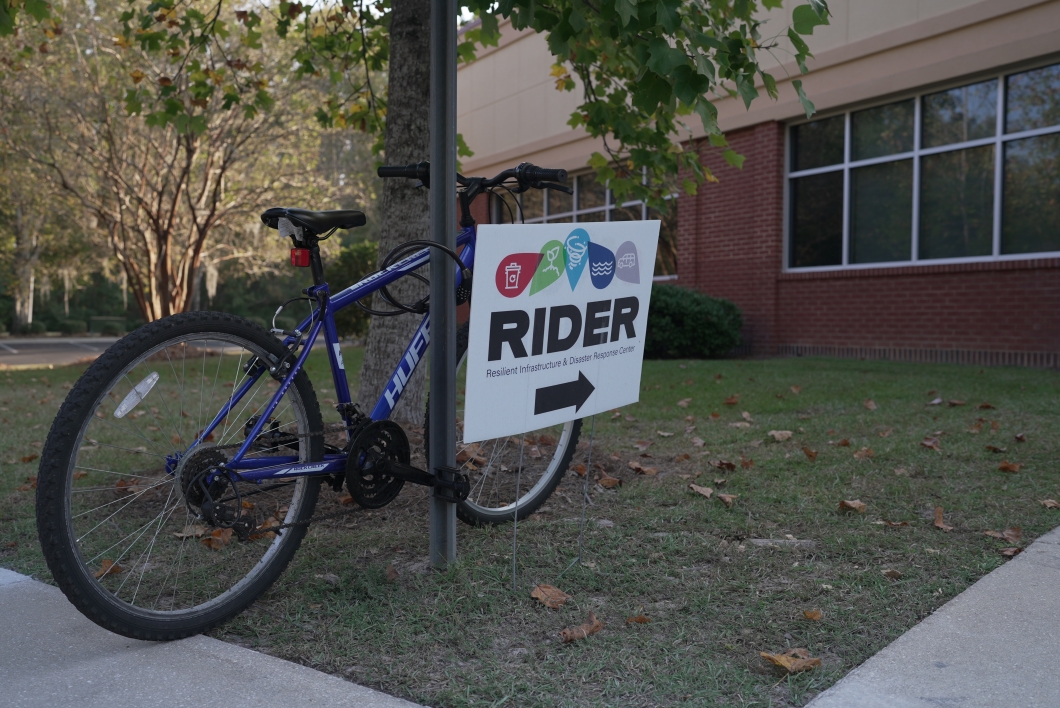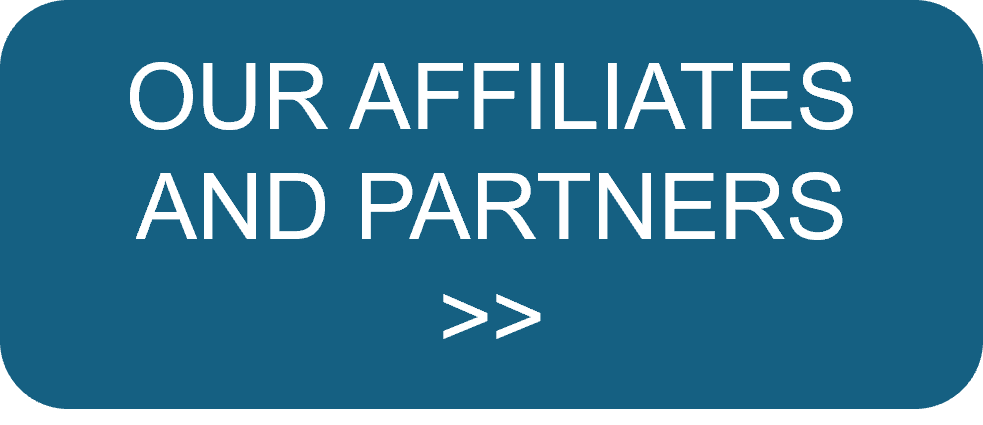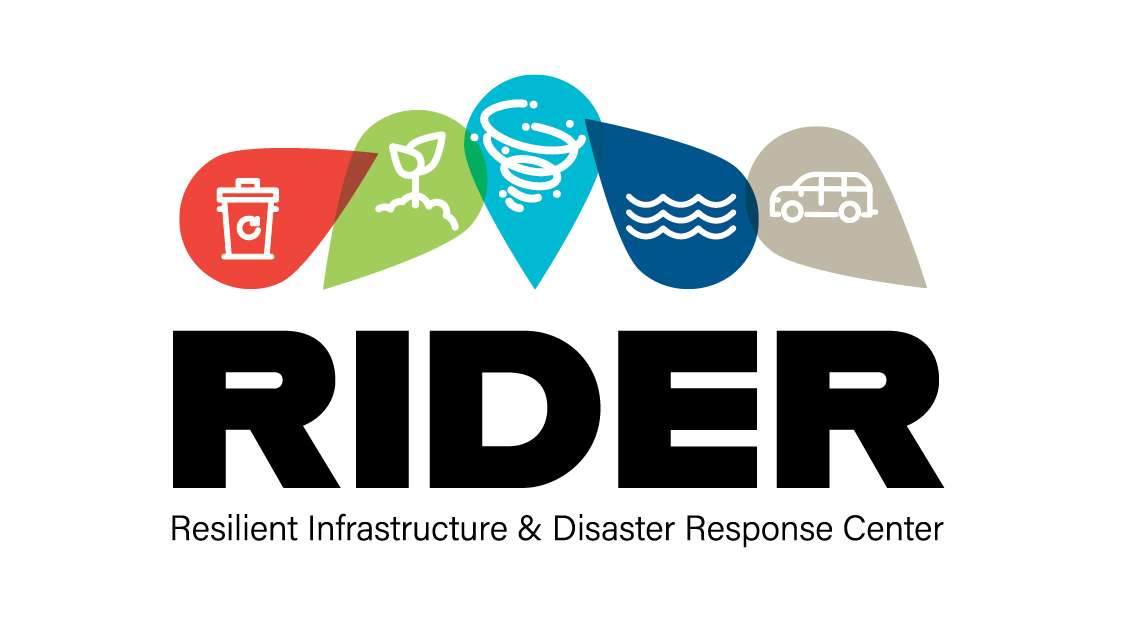About Us
Our Mission and Vision
Since 2020, our researchers at RIDER work on advancing the quality of life of our communities in Florida and the American Southeast by identifying disaster vulnerability, improving infrastructure, investigating ways to minimize negative impacts of natural disasters, and developing new methods for economic efficiency and environmental management.
RIDER promotes disaster resilience for our communities in Florida and across the American Southeast, and probes the underlying causes of disaster vulnerability in communities, while accounting for infrastructure characteristics, and assessing their significance through various computational methods such as machine learning, causality, and regression models. These goals are dependent on the available network, infrastructure, land use, and other localized conditions.
The Resilience Divide
Those who study natural and manmade disasters, as well as the recovery from these disasters, have uncovered some startling facts. Today an increasing number of researchers note that both acute impacts and long-term recovery from disasters are place-based and depend on factors such as age and socioeconomic status of the impacted population. These factors also determine communities' ability to thrive — and to be resilient — in the face of a disaster.” This is known as the Resilience Divide. RIDER Center is a direct response to this challenge.
"We want to be the voice of communities. We want to have our communities be involved in disaster planning, preparedness and recovery, and that's the goal, that's the actually the mission, of RIDER. We want to help our communities cope with disasters... and to be able to do that, we need to understand the mechanism of previous disasters...'"
Dr. Eren Erman Ozguven
Director of RIDER
Research Meets Action
RIDER leverages technology, data, and multidisciplinary research with a deep understanding of how the unique conditions of each community’s physical and social dynamics, available infrastructure, and land use affect resilience. Founded at the nexus of engineering, science, and communities, RIDER’s solutions empower our communities in Florida with new tools, training, and enhanced partnerships among public, private, non-profit, and academic stakeholders. Improving disaster resilience helps us protect these communities and save billions of dollars; RIDER is leading that work.
RIDER unites engineers, social scientists, social workers, health, public policy, communication, and information specialists synergistically towards developing emergency plans that fit the distinct needs of both urban and rural communities to solve the real-world problems generated by the resilience divide.
RIDER specifically focuses on:
- Understanding the factors that foster and support the efficacy of disaster resilience in varying population settings
- Extending our knowledge of community-scale infrastructure limitations in planning for natural disasters
- Developing long-term strategic adaptation and implementation plans to reduce community vulnerability to disasters in Florida and the Southeast region





